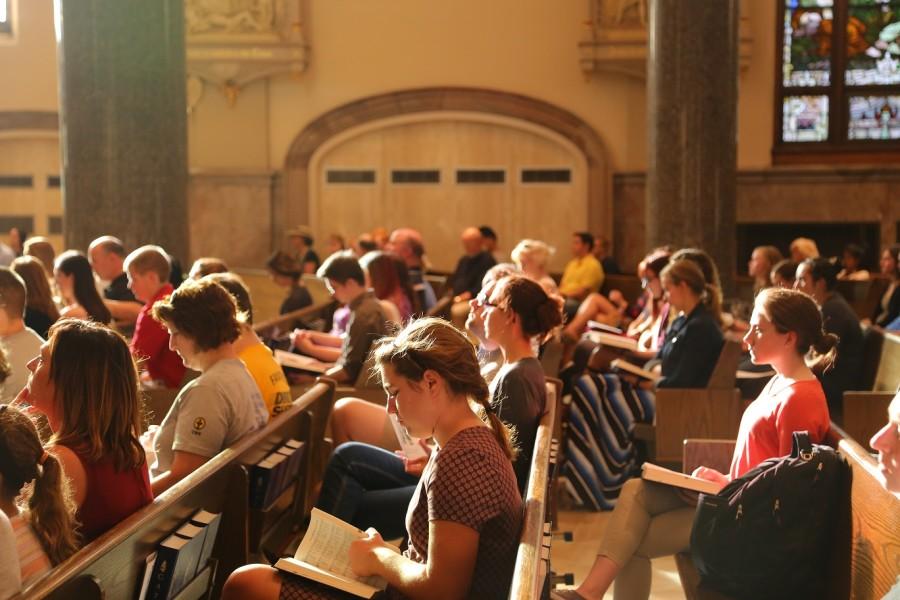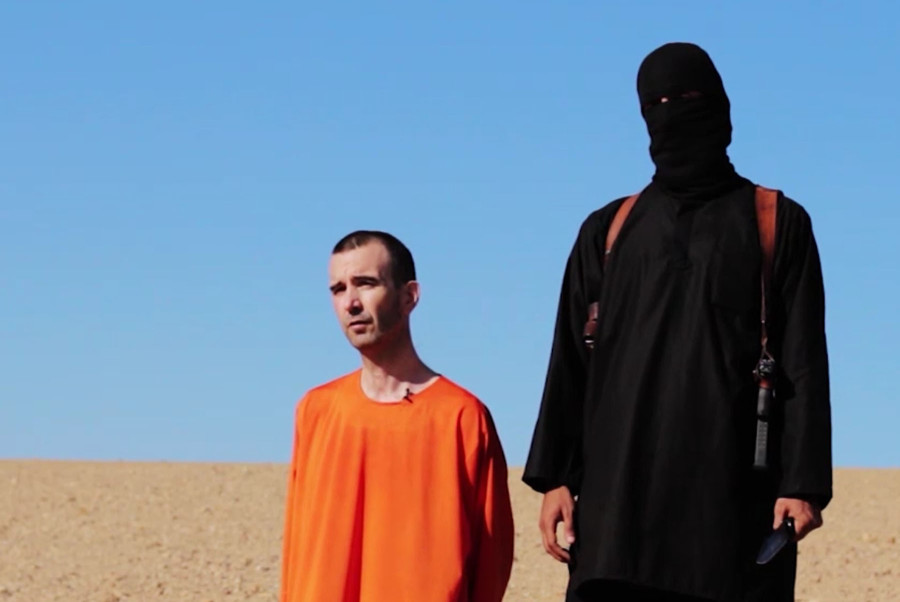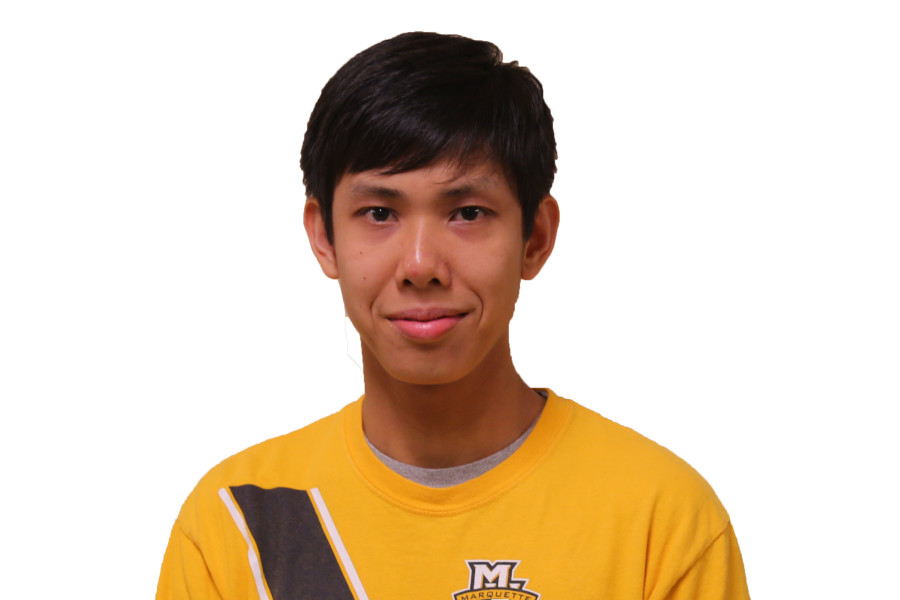The former U.S. Ambassador to Syria, Robert Ford, spoke at Marquette on Nov. 17 to evaluate the ways that the U.S. has responded to the Islamic State group and the Syrian civil war.
“The problem with the Islamic State is a political problem as much as it is a military problem,” Ford said after his talk. “Bombing runs and militias don’t fix political problems.”
Ford, a Senior Fellow at the Middle East Institute in Washington, D.C., spoke to a crowd of around 70 Marquette community members for the International Education Week event.
“I feel like there’s not a lot of opportunities to be able to get an informative brief on the events that are going on overseas,” said Johnny Sherwood, an ROTC student at the University of Wisconsin-Milwaukee. “This was laid out very systematically, and it stayed on point the entire time without a lot of ranting.”
Ford discussed the chain of events that caused the Syrian civil war and America’s involvement with it. He started the presentation with a political cartoon of the Islamic State group, depicted as cancer, and America bombing it, depicted as surgery.
“If you notice all of the discussion in this country, and in many of the European countries, is always just to reply militarily, as if it is a purely military problem,” Ford said.
He said he refuses to call the Islamic State group “ISIS,” like most Americans do, because the group has as much organization, wealth and power as a state government does. The Islamic State group has civil leaders, a military, schools, hospitals and a finance system with taxes.
“This is not like al-Qaida where they hide in caves and emerge to upload something to the Internet occasionally,” he said. “I think people who think of it as a purely terrorist organization are missing why it’s more dangerous.”
Ford said France’s forceful retaliation after the Paris attack on Friday will not greatly impact the Islamic State group in any way.
“The talk really convinced me about how much I know about (the Islamic State) versus how much I should be educated on this topic,” said Paige Lindner, a junior in the College of Business Administration.
After his talk, Ford answered questions from the audience. Some people asked about the a solution to the Islamic State – to which he replied that there is not an easy one. He stressed that the U.S. must fight the group but avoid creating new problems.
“In class, we’d always learn about how complex it truly is that there is actually four sides of the war in the Middle East, but the fact that you bring funding into it and American involvement just adds to the complexity to a level that I was not privy to before this (presentation),” said John Ryan O’Rourke, a junior in the College of Arts & Sciences.




